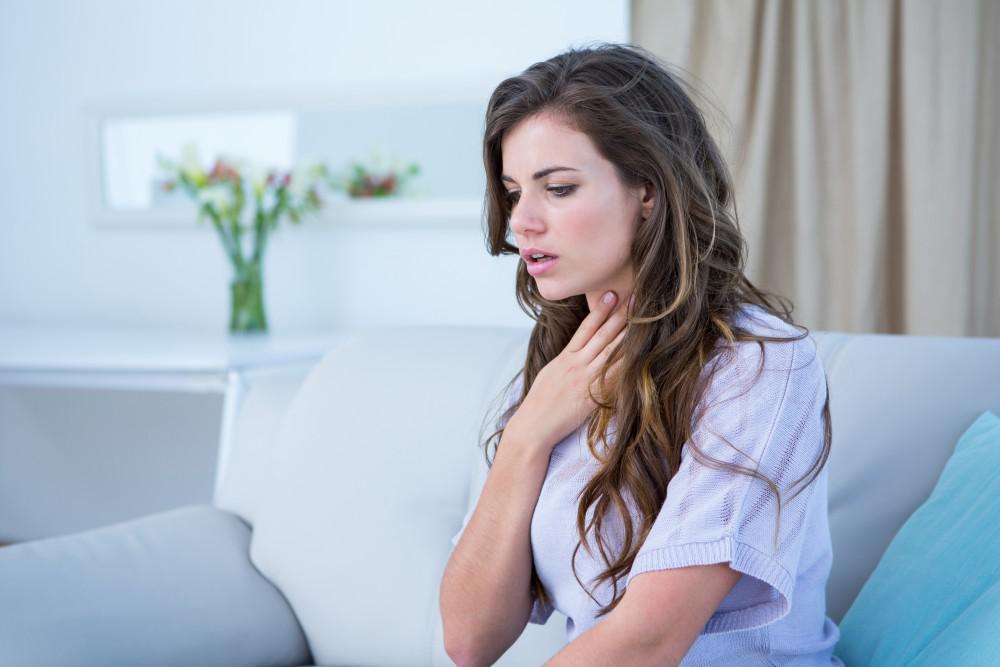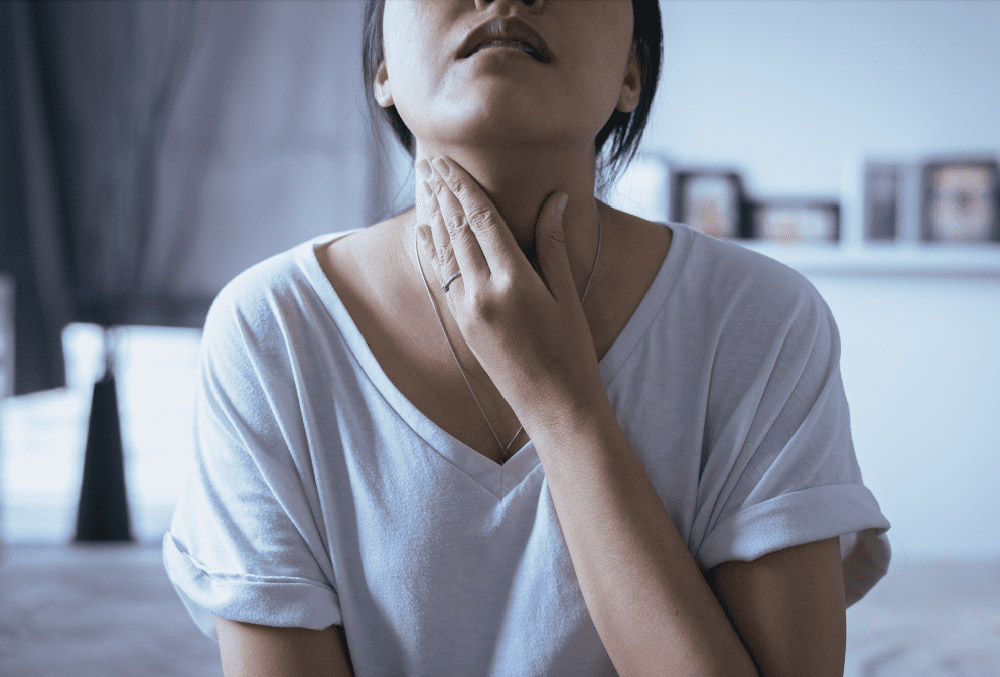How Dr. Rishi Diagnoses Diseases Of Stomach And Duodenum?
Dr. Rishi uses a step-by-step approach:
Medical History and Physical Exam
He reviews your symptoms (pain, bloating, nausea), dietary habits, NSAID/alcohol use, stress levels, family history, and performs an abdominal exam.
Laboratory Tests
Blood work evaluates for anemia or inflammation; stool testing checks for occult (hidden) blood.
H. pylori Testing
- Breath test to detect active infection
- Stool antigen or blood antibody test for confirmation
Upper Endoscopy (EGD)
An endoscope is used to directly visualize and, if needed, biopsy the stomach and duodenal lining for ulcers, gastritis, or other lesions.
Imaging Studies (if indicated)
Abdominal ultrasound or CT scan to rule out complications or alternative diagnoses when symptoms are unclear.
Frequently Asked Questions
What does other diseases of the stomach and duodenum mean?
It refers to non-cancerous conditions'such as gastritis, peptic ulcers, and functional indigestionthat aren't classified elsewhere.
What is the ICD-10 code for these problems?
The general code is K31.9 for other and unspecified diseases of the stomach and duodenum.
How do I know if I have an ulcer?
Common signs include burning upper-abdominal pain (often between meals or at night), nausea, or black/tarry stools. Definitive diagnosis is made via upper endoscopy.
Can stress affect the stomach?
Yes. Chronic stress can increase stomach acid production and worsen inflammation, contributing to gastritis and ulcers.
Is H. pylori common in Houston?
Yes. H. pylori infection is common worldwide, including in Houston, and is a leading cause of peptic ulcer disease.
How long do ulcers take to heal?
With appropriate medical therapy antibiotics for H. pylori plus acid suppression; most ulcers heal within 4-8 weeks.
Is endoscopy painful?
No. You'll receive sedation during an upper endoscopy (EGD), so you should feel minimal discomfort or none at all.
Do I need to fast before an endoscopy?
Yes. You should have no food or drink for 6-8 hours before your procedure to ensure a clear view and reduce risks.
Can diet alone cure stomach issues?
Diet and lifestyle changes (smaller meals, avoiding triggers, stress management) are important but usually work best in combination with medication.
How do I book an appointment with Dr. Chadha?
Simply call our Houston clinic or visit our website to schedule a consultation with Dr. Rishi Chadha and the GastroDoxs team.











